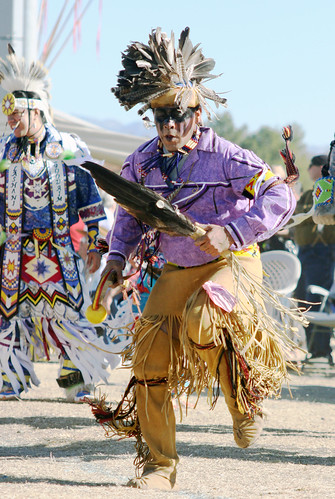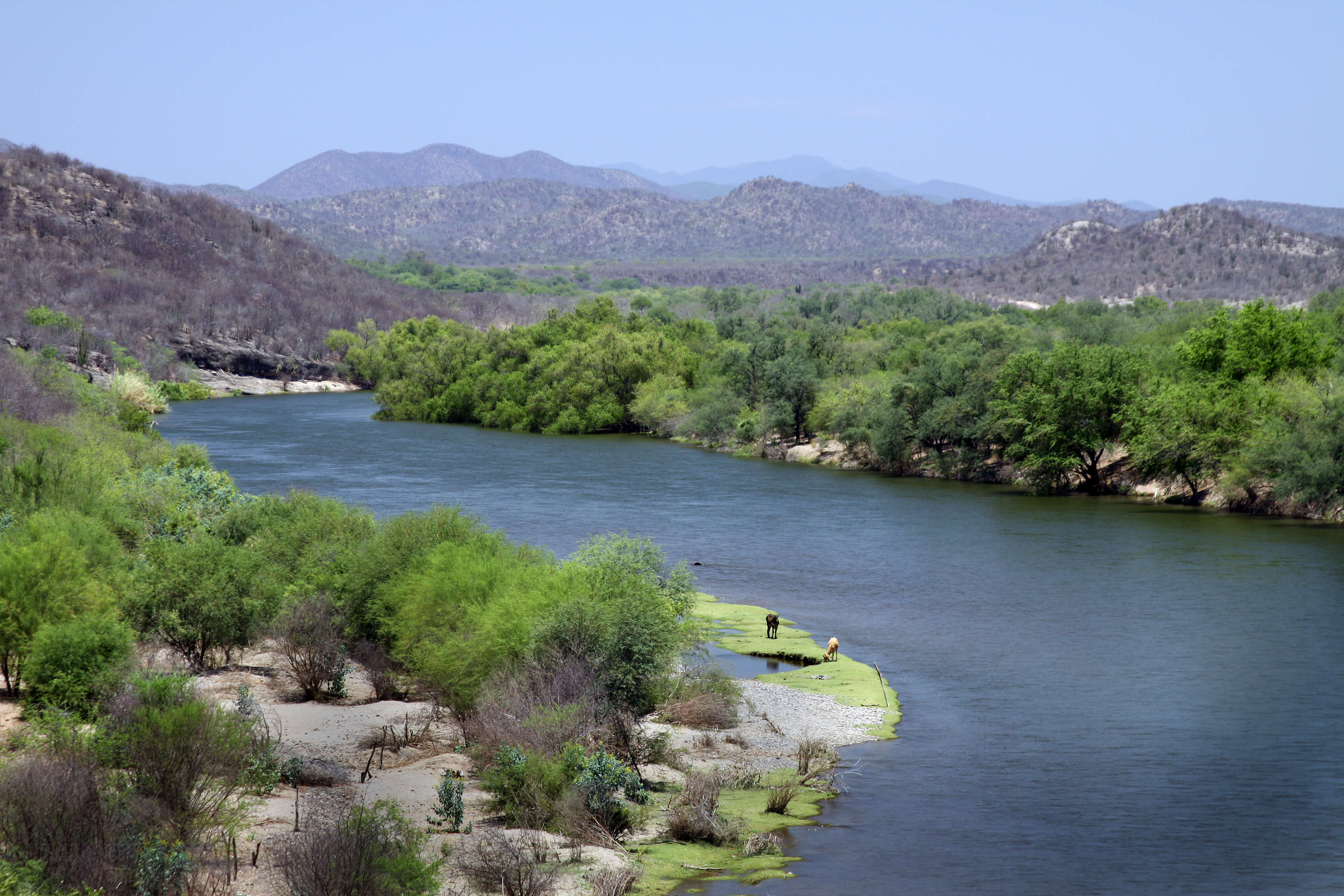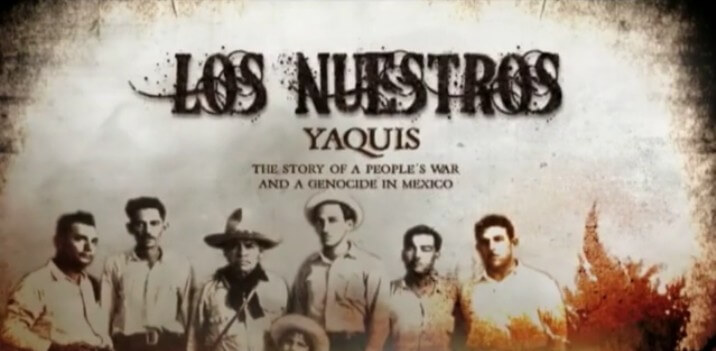 The Yaqui or Yoeme are a Native American Nation who originally lived in the valley of the Río Yaqui in the northern Mexican state of Sonora. Many Yaqui still live in their original homeland, but some live in Arizona as a result of wars between the Yaqui and the Mexican government. The Yaqui call themselves Yoreme, the Yaqui word for person (yoemem or yo’emem meaning “people”). Their language is one of 30 in the Uto-Aztecan family. The Yaqui call their homeland Hiakim, from which some say the name “Yaqui” is derived. They may also describe themselves as Hiaki Nation or Pascua Hiaki, meaning “The Easter People”, as most had converted to Catholicism under Jesuit influence in colonial Mexico. Many folk etymologies account for how the Yoeme came to be known as the “Yaqui”.
The Yaqui or Yoeme are a Native American Nation who originally lived in the valley of the Río Yaqui in the northern Mexican state of Sonora. Many Yaqui still live in their original homeland, but some live in Arizona as a result of wars between the Yaqui and the Mexican government. The Yaqui call themselves Yoreme, the Yaqui word for person (yoemem or yo’emem meaning “people”). Their language is one of 30 in the Uto-Aztecan family. The Yaqui call their homeland Hiakim, from which some say the name “Yaqui” is derived. They may also describe themselves as Hiaki Nation or Pascua Hiaki, meaning “The Easter People”, as most had converted to Catholicism under Jesuit influence in colonial Mexico. Many folk etymologies account for how the Yoeme came to be known as the “Yaqui”.
The Yaqui conception of the world is considerably different from that of their European-Mexican and European-American neighbors. For example, the world (in Yaqui, anía) is composed of five separate worlds: the desert wilderness world, the mystical world, the flower world, the dream world, and the night world. Much Yaqui ritual is centered upon perfecting these worlds and eliminating the harm that has been done to them, especially by people. Many Yaqui have combined such ideas with their practice of Catholicism, and believe that the existence of the world depends on their annual performance of the Lenten and Easter rituals.
Adapted from Wikipedia’s article on the Yaqui people




